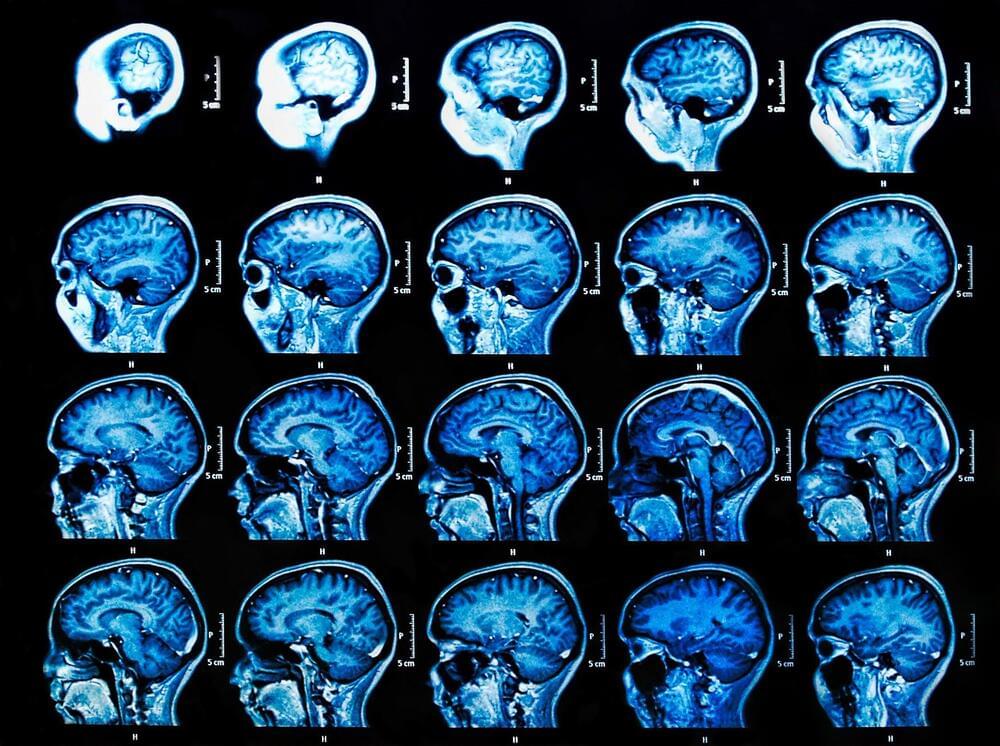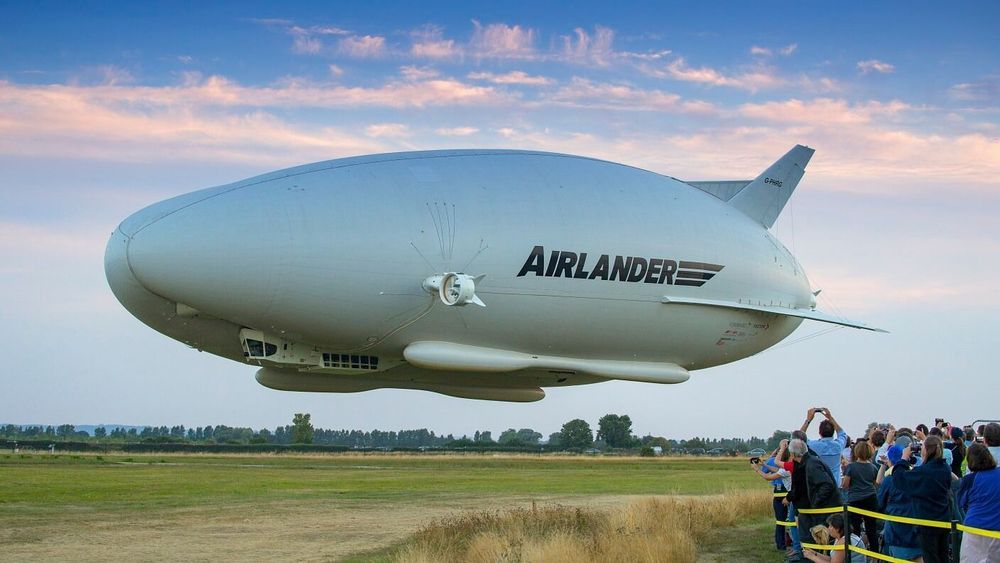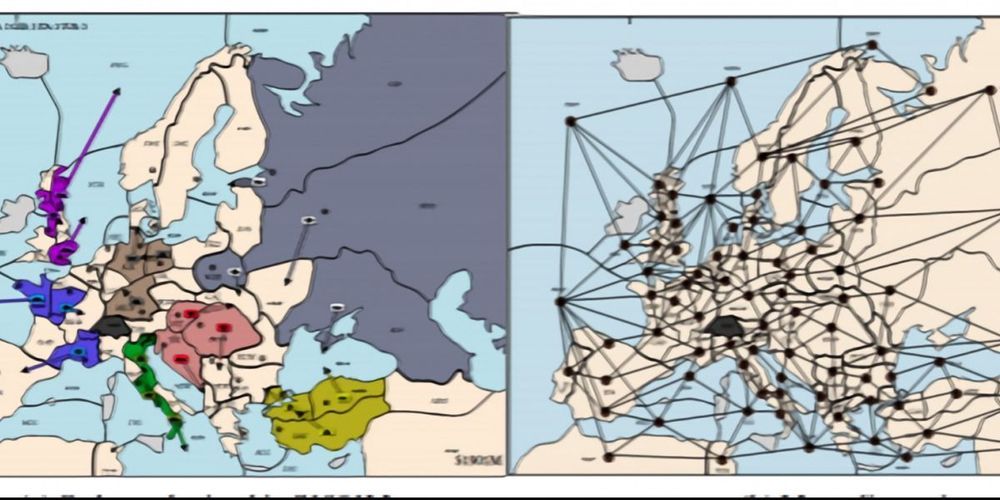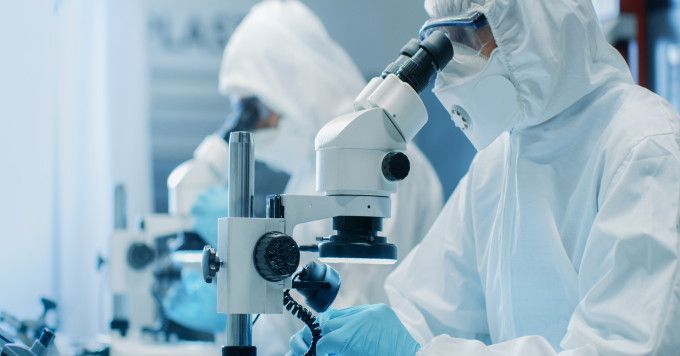Interior minister says ammonium nitrate likely caused at least one explosion amid reports hospitals too damaged to treat patients.
It’s no secret that healthcare costs have risen faster than inflation for decades. Some experts estimate that healthcare will account for over 20% of the US GDP by 2025. Meanwhile, doctors are working harder than ever before to treat patients as the U.S. physician shortage continues to grow. Many medical professionals have their schedules packed so tightly that much of the human element which motivated their pursuit of medicine in the first place is reduced.
In healthcare, artificial intelligence (AI) can seem intimidating. At the birthday party of a radiologist friend, she gently expressed how she felt her job would be threatened by AI in the coming decade. Yet, for most of the medical profession, AI will be an accelerant and enabler, not a threat. It would be good business for AI companies as well to help, rather than attempt to replace, medical professionals.
In a previous article, I expressed three ways in which I consistently see AI adding value: speed, cost and accuracy. In healthcare, it’s no different. Here are three examples of how AI will change healthcare.
Consuming a single dose of the psychedelic brew ayahuasca can result in lasting changes in higher-order cognitive brain networks, according to a new study published in the Journal of Psychopharmacology.
Ayahuasca, a concoction used for centuries by indigenous Amazon tribes, contains the powerful psychedelic drug dimethyltryptamine (DMT) and monoamine oxidase inhibitors. The brew is typically prepared using leaves from the Psychotria viridis shrub and the bark of the Banisteriopsis caapi vine.
The new neuroimaging research suggests that ayahuasca may produce long-lasting effects on mood by altering the functional connectivity of the brain’s salience and default mode networks.
Kaspersky says Oilrig (APT34) group has been using DoH to silently exfiltrate data from hacked networks.
To that end, Barry Prentice, who leads the Canadian company Buoyant Aircraft Systems International, hopes to use airships to transport pre-built structures for schools and housing to remote parts of Canada that lack good roads.
And earlier this year, French airship company Flying Whales (I mean, how can you not adore that name?) received $23 million in funding from the government of Quebec to build cargo-carrying Zeppelins.
Given our current pandemic-dominated reality, it’s hard to imagine a future of seamless global travel of any kind, much less on an airship. But that future will, thankfully, arrive (though when is anyone’s guess). As calls for climate action get louder and the costs associated with airships drop—as the cost of any new technology tends to do with time—we may find ourselves going retro and being ferried across the globe by giant helium-filled balloons.
Virgin Galactic has unveiled a new high-speed Mach 3 commercial aircraft and a new Rolls-Royce deal.
In a new paper, researchers at DeepMind propose using the game Diplomacy as an environment for training reinforcement learning agents.
A collaboration between researchers from the University of Western Australia and the University of California Merced has provided a new way to measure tiny forces and use them to control objects.
The research, published today in Nature Physics, was jointly led by Professor Michael Tobar, from UWA’s School of Physics, Mathematics and Computing and Chief Investigator at the Australian Research Council Centre of Excellence for Engineered Quantum Systems and Dr. Jacob Pate from the University of Merced.
Professor Tobar said that the result is a new way to manipulate and control macroscopic objects in a non-contacting way, allowing enhanced sensitivity without adding loss.
TEL AVIV — Critically ill COVID-19 patients recovered rapidly from respiratory failure after three days of treatment with RLF-100, a therapy granted fast-track designation in the United States, two drug companies said Sunday.
Geneva-based Relief Therapeutics Holdings AG RFLB.S has a patent for RLF-100, or aviptadil, a synthetic form of a natural peptide that protects the lung. US-Israeli NeuroRx Inc. partnered with Relief to develop the drug in the United States.
In June the US Food and Drug Administration granted fast-track designation to RLF-100 for treatment of respiratory distress in COVID-19.









